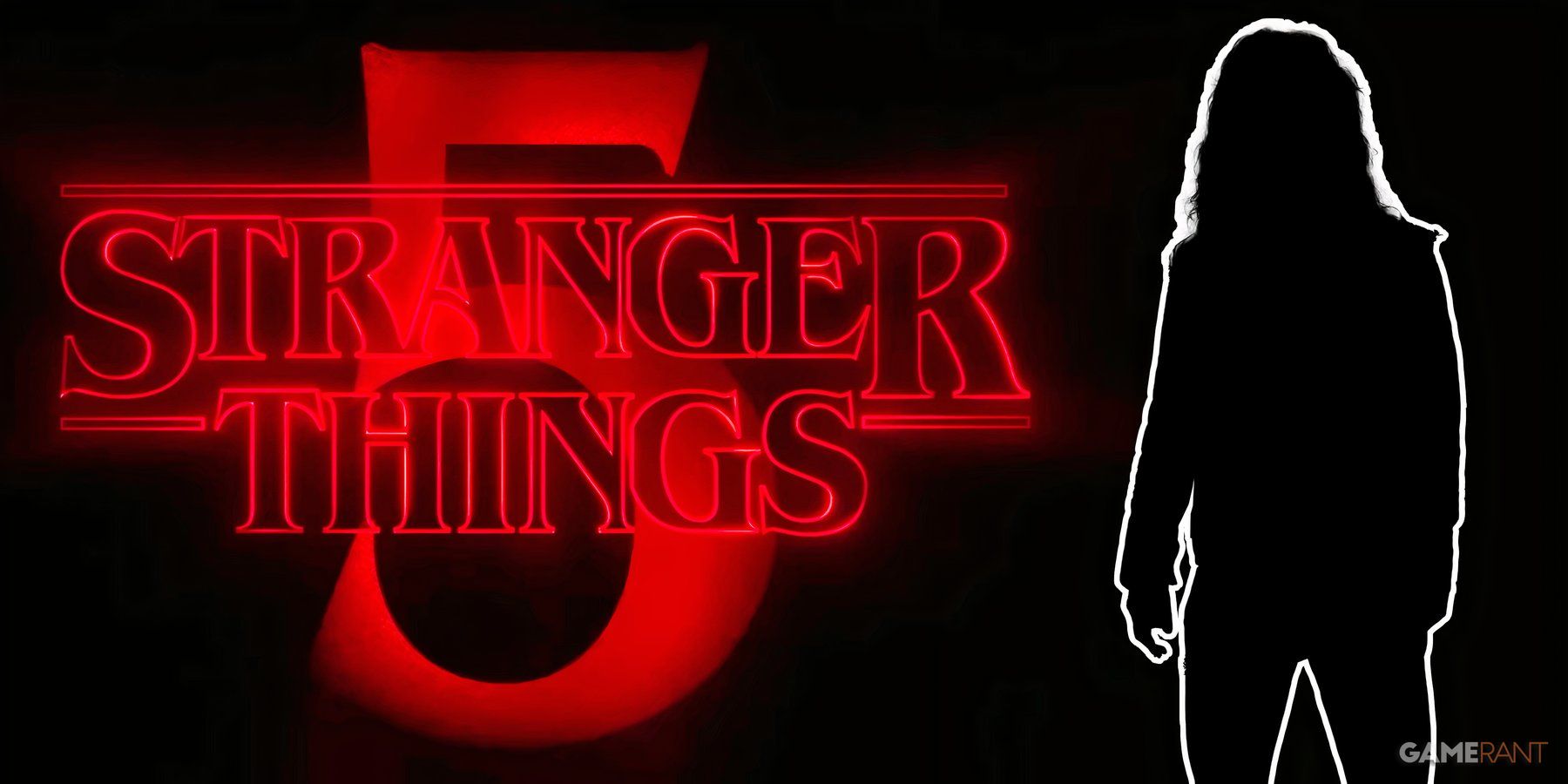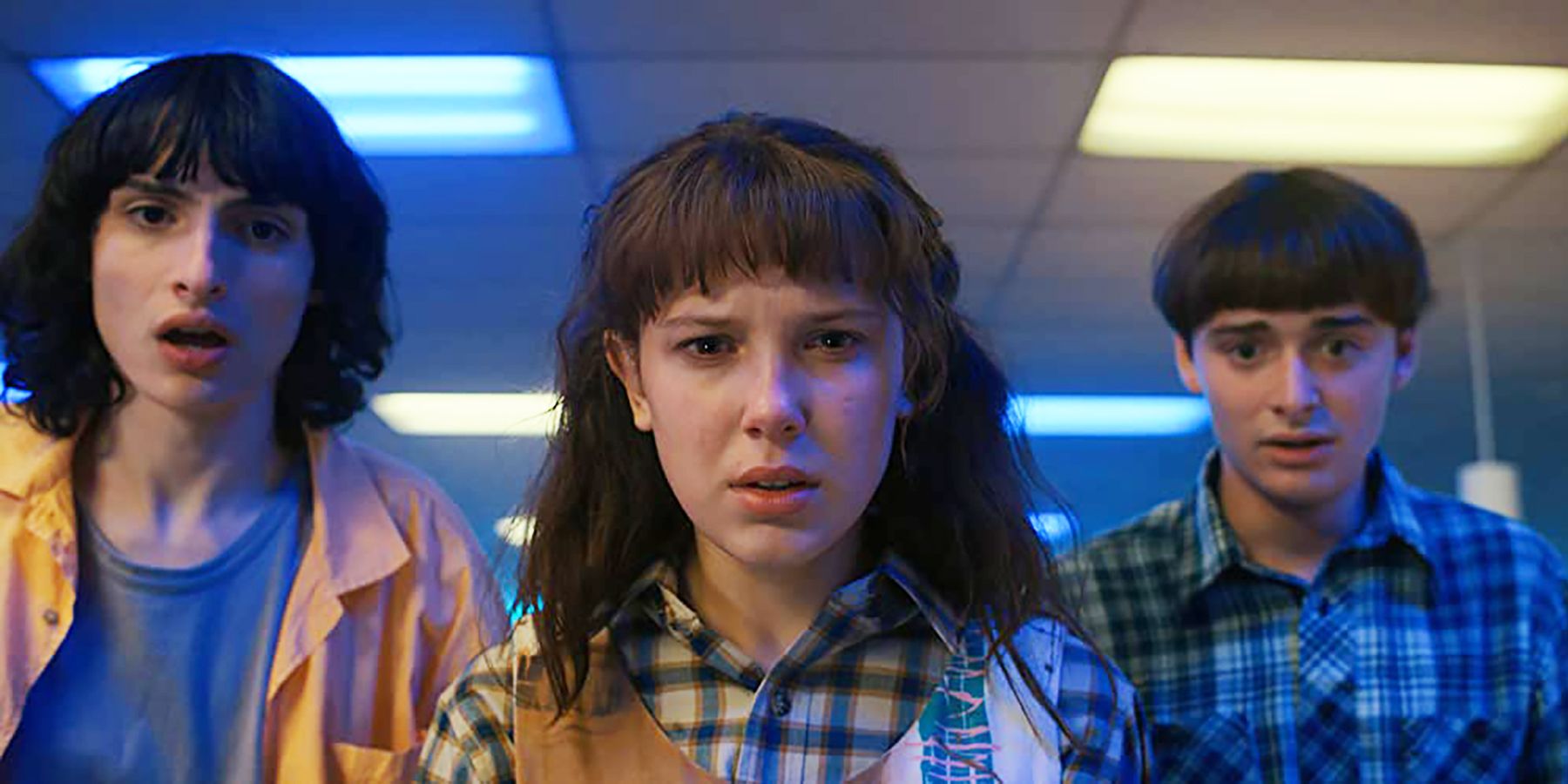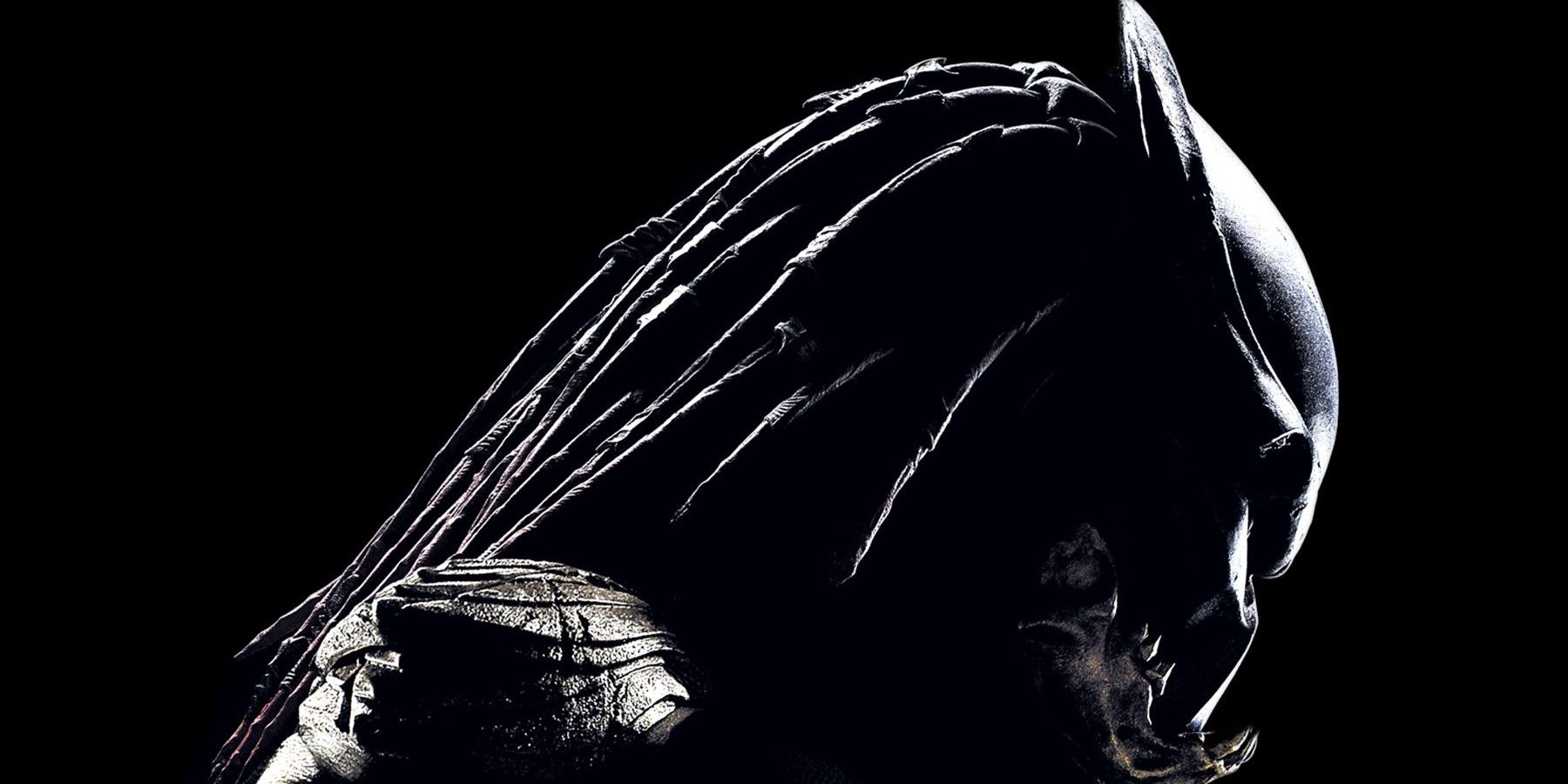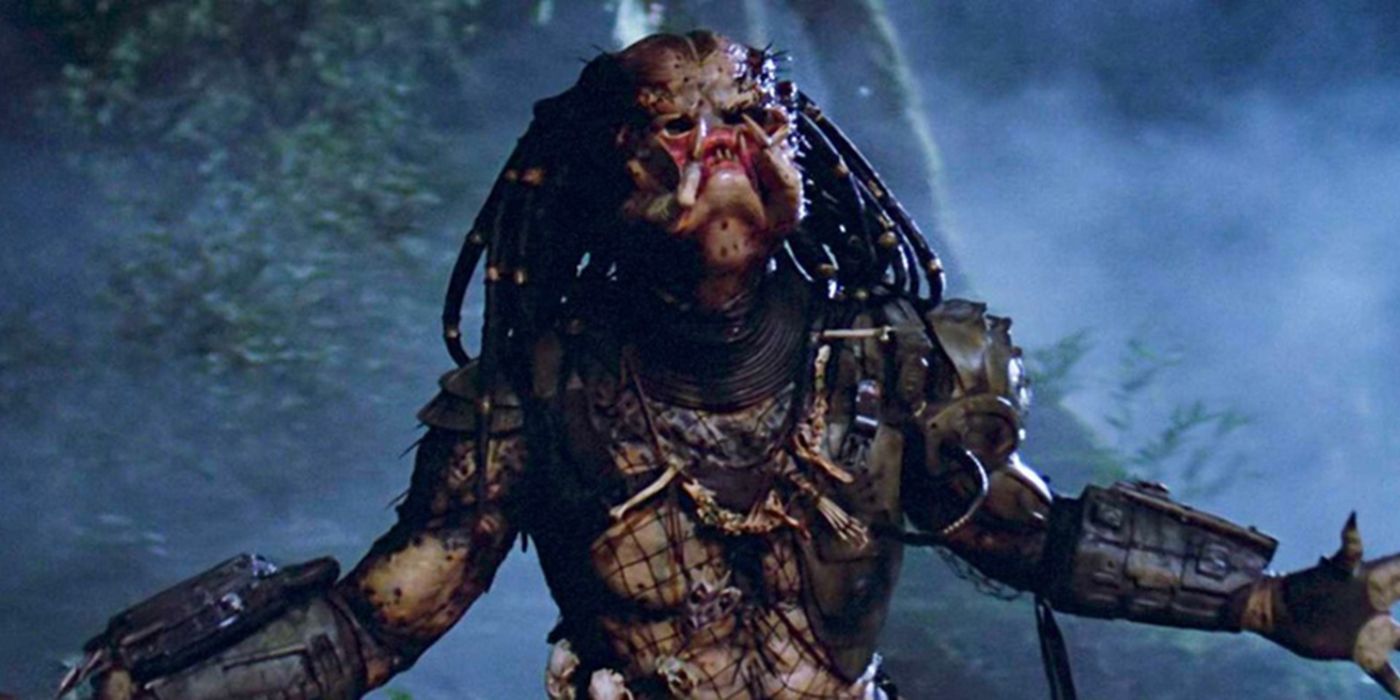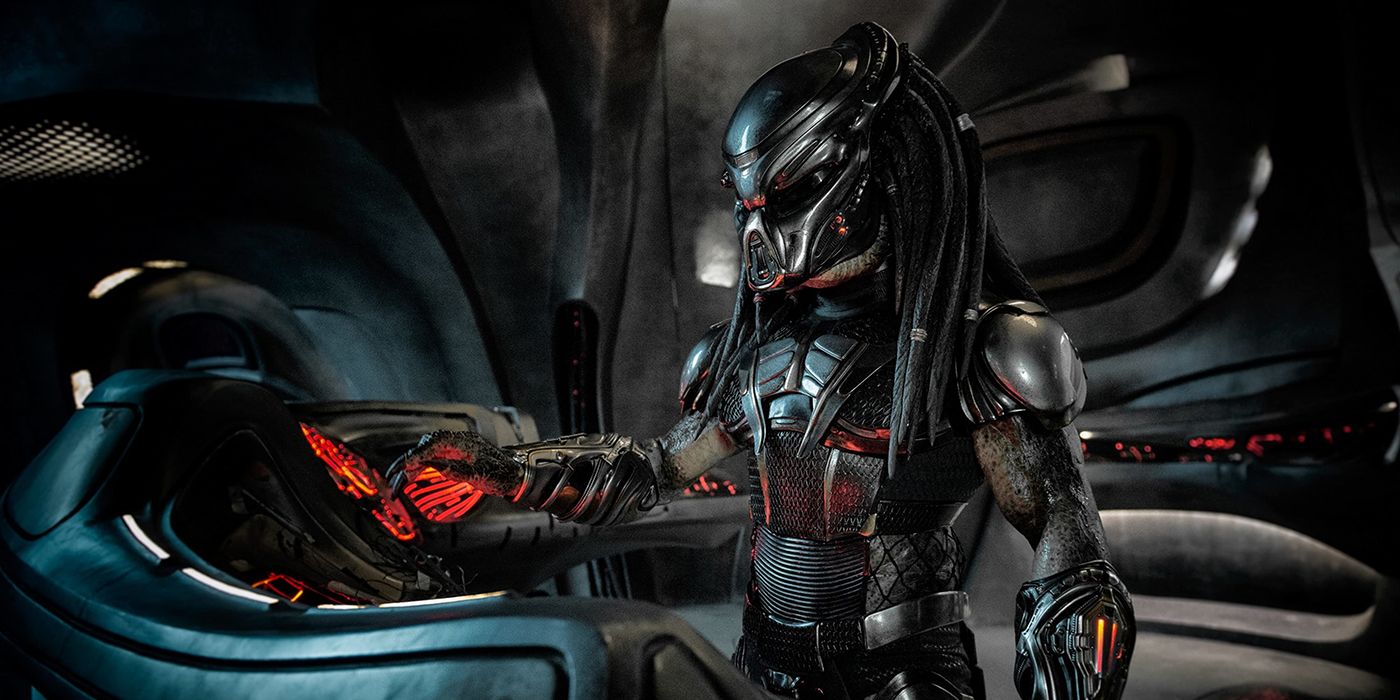1987's Predator is one of the greatest American films, spawning an iconic legacy and decades of immense popularity. Not until 2010's Predators did the franchise get the sequel that it deserved, one that built upon the original while respecting the source. Unfortunately, the next attempt, 2018's The Predator, did not take the lesson to heart.
The titular Predator, also known as a Yautja, was designed by Stan Winston, who also provided much of the design and special effects work for Aliens and The Terminator. The creature and its unique iconography seized the imaginations of audiences worldwide, spawning 4 films and dozens of other forms of media, including countless crossovers with the aforementioned Alien.
Predator is an ingenious film, masterfully leading the audience from one genre to another as the scope of the narrative unveils itself. At the outset, it feels like one of countless Schwarzenegger action pieces, nothing but explosions and one-liners, but llke the eponymous hunter, the film eventually comes out of its cloak. The true nature of Predator is a gritty horror film, comparable to a slasher with angrier victims. This big reveal is key to the film's power, but that aspect is lightning in a bottle, which cannot be replicated easily. That means the sequel needed to figure out a new direction.
Predator 2 is certainly not a bad film, and it had a couple of great additions to the overall canon, but it is mostly a retread of the first film. Where the first film takes Schwarzenegger and puts him in what feels like his natural state, then completely flips the script, the second puts Lethal Weapon star Danny Glover in a standard cop movie. Attempting to make that trick work twice falls flat, leaving fans with a serviceable sequel that fails to really break the mold in the way its predecessor did. The franchise took a long hiatus after Predator 2, not counting the Alien Vs. Predator films, but when it finally returned, it found the perfect new direction.
Predators is the tale of a handful of strangers from disparate backgrounds, all of whom have extensive experience with violence, abducted to participate in a deadly challenge. The titular Predators, rather than coming to Earth to hunt, have seized and armed the strongest mankind has to offer and set them loose on an expansive wild planet. The captives are wildly varied, from military commandos straight out of the first film to unstable criminals. This is the perfect reversal and escalation of the first film's paradigm, while Predator is a group responding to an ambush, Predators drops the audience in and lays out the rules swiftly. The reaction of the audience is mirrored in the characters.
Predators, much like its similarly named peer Aliens, is the logical extension of the concept. Fans got to experience the Predator homeworld, see new varieties of the creature and learn more about the culture of the species. Robert Rodriguez, famed Grindhouse filmmaker and indie darling, produced the film at his own Troublemaker Studios. Rodriguez actually wrote the script which became the basis for Predators in 1995, but it sat shelved for almost 15 years before being greenlit. The studio intended the film to be the direct sequel to the first film, establishing it as the perfect follow-up to the original film.
Eight years passed without another entry in the franchise, but talks of a sequel began in 2014. The Predator seemed to have everything going for it before its release. It was directed and co-written by Shane Black, director of Iron Man 3 and one of the stars of the original Predator. The film would bring the setting back to planet Earth, the plot would be layered with references to the original film and the marketing played up the snarky sense of humor and suburb destroying action. Unfortunately, all that promise did not amount to much.
The Predator is a very similar film to its predecessors, centering around a ragtag group of soldiers facing off against the titular monster. Rather than a deep jungle, this film takes place mainly on small-town streets and suburban housing. The main crew is comprised of PTSD survivors, reacting in a variety of unhealthy ways to the trauma they've faced at war. The Predator leans away from the horror aspect of the previous film into more chaotic action. It is most reminiscent of a version of the first film wherein the other shoe never dropped, where it simply remained as silly as Predator was for its first act. This fundamentally misunderstands both the intelligence of the first film's structure and the point of sequels.
A sequel should develop and build upon the ideas of an original, not just do the same thing again with a bigger budget, and certainly not take the same elements and do less with them. If The Predator had been the first movie in the franchise, it would mix in with dozens of other uninspired alien invasion action films. The iconography is the only thing that elevates it, and it's mostly a retread of the original's ideas. Where it isn't derivative, it is worse than the earlier films. Predators is a great sequel, The Predator is a pale imitation.
Funnily enough, the film series that The Predator could learn from would be the Allien franchise. Like Aliens, Predators found a brilliant jumping-off point to build something new, while honoring the original. And like Alien: Ressurection, The Predator fails because it is a pointless attempt to recreate something already great.


